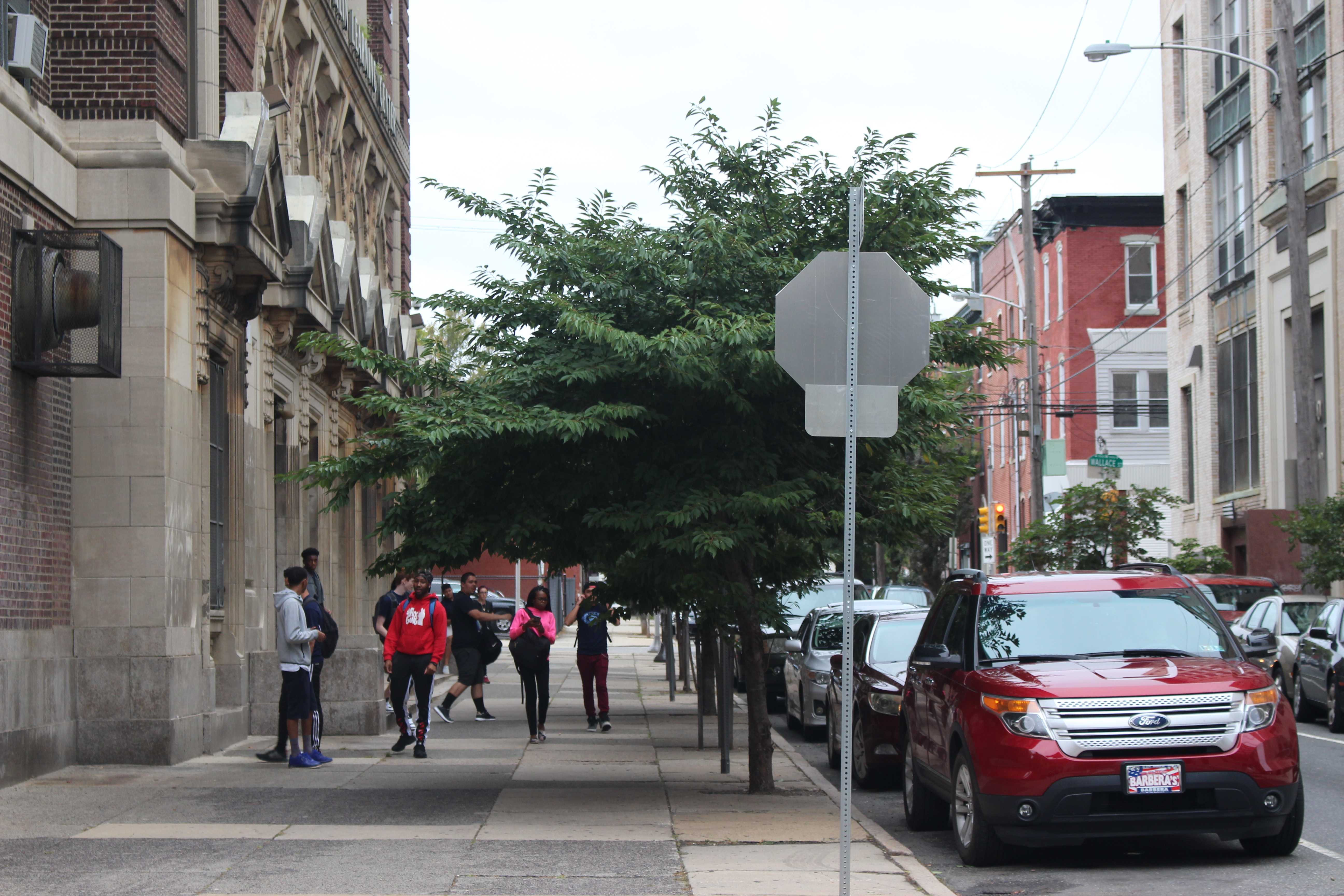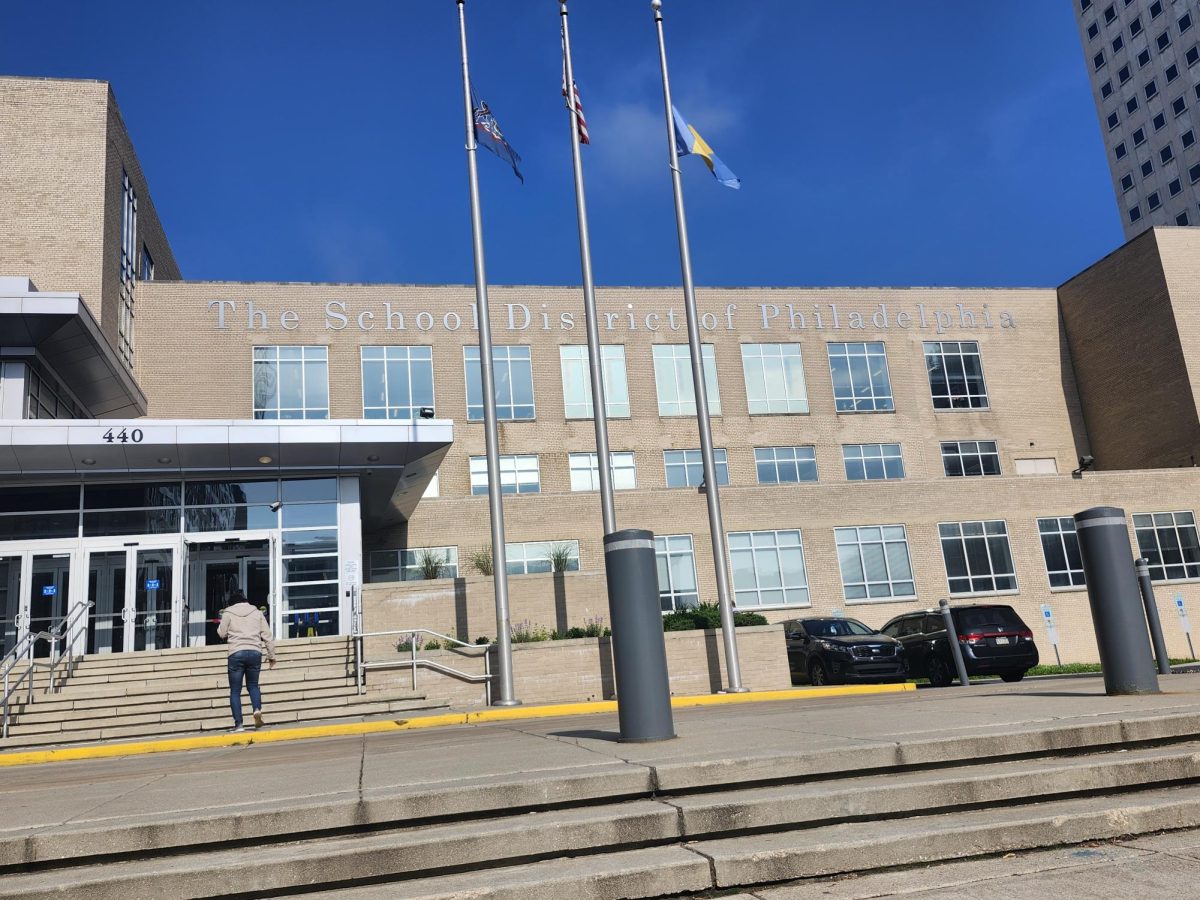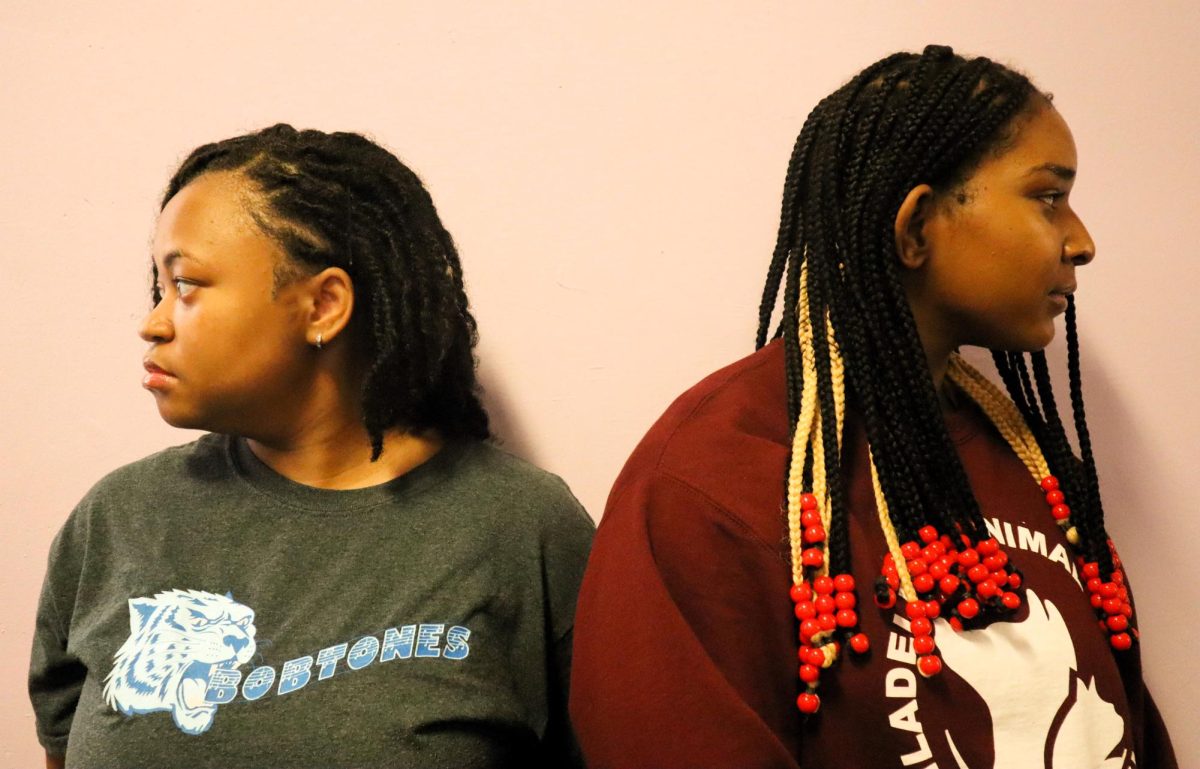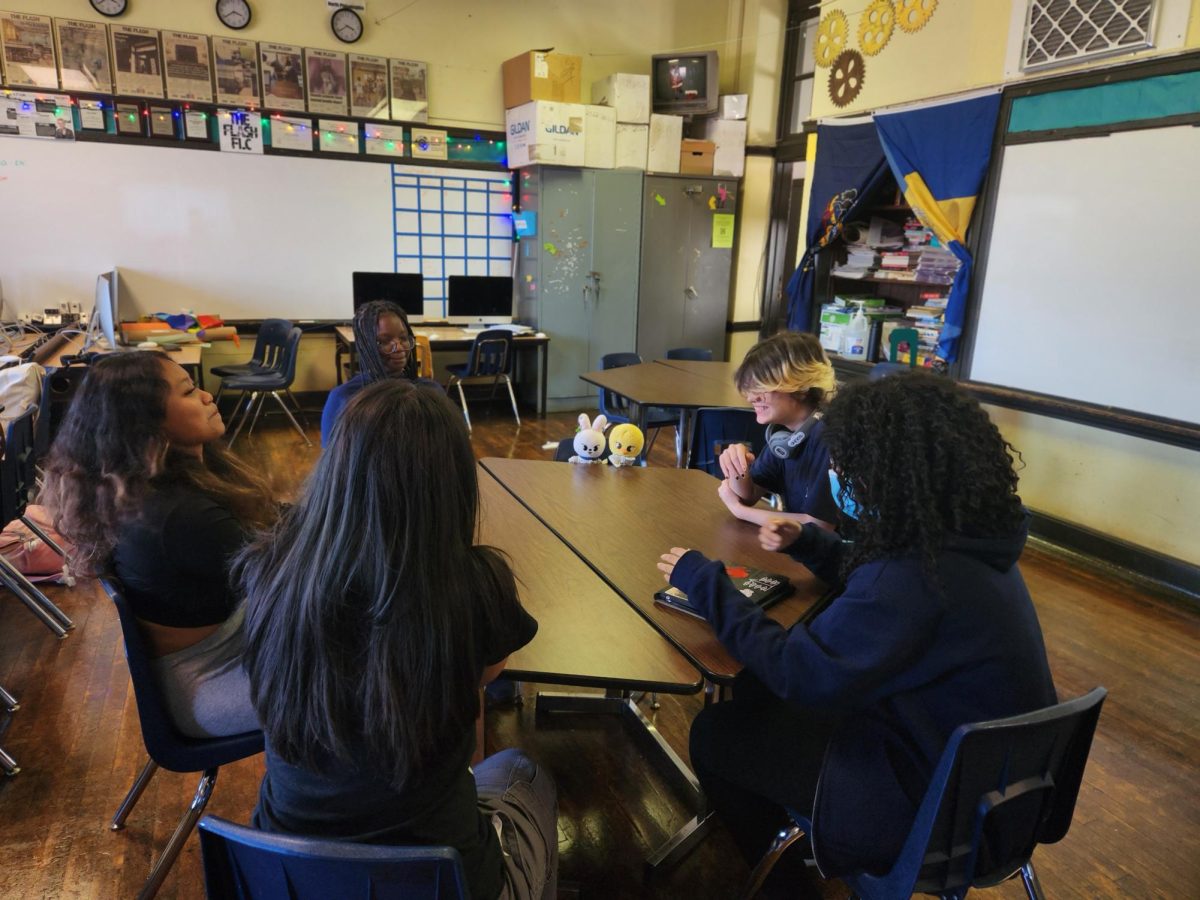By Franchesca Carrera
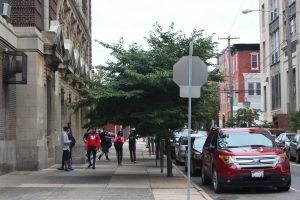
For the first time in the history of the Philadelphia School District, all public schools in the city, from Pre-K to 12th grade, began classes in the month of August. Since 1818, all Philadelphia public schools have been opened to students during the first and second week of September. This sudden change of months came unexpectedly for students, causing controversy and disorientation.
Many questions regarding the new policy arose after students learned the news in early May of 2018. The confusion surrounding this change was mostly because of the month: why August?
Historically, many students weren’t given the opportunity to experience a summer break at all. According to John Rury, a historian of American Education at the University of Kansas, when the public education system began, the length of school depended on the needs of the community. In urban areas and cities, school was practically year-round; meanwhile, school lasted four to five months with summer and winter terms in rural areas.
A shift in the system took place when students and teachers started to become ill due to intense heat during school hours in the summer; fainting, anxiety, and stress were common consequences from the heat waves that students and staff suffered through. After that revelation, rural and urban districts decided to change the school year to just 180 days, starting after Labor Day and ending in June.
Here are CNN’s reasonings for an earlier starting date:
“An earlier start date gives teachers more instructional time before statewide assessment tests in the spring. Several experts agreed that this is one of the biggest factors pushing calendars back.”
“Beginning in August allows students to complete the first semester before the December holiday break, rather than taking tests and turning in big projects after two weeks off. Teachers don’t have to spend time reviewing material in January when they should be starting new lessons.”
“Many graduating students and staff members take summer courses at colleges and universities. Ending school around Memorial Day creates fewer conflicts for them.”
Although these are all valid reasons for the school year to begin before Labor Day, several complications have come to light.
Following the first day of school (Monday, August 27th), weather outlets predicted intense heat waves for the entire week. As a result, the Philadelphia School District shortened school time until Friday, August 31st by two hours. Classes were in session for a shorter amount of time, air conditioning units were constantly in use, and unpredictable school hours were starting off the 2018-2019 school year.
Breanna Sary (FLC ‘19) believes that the School District should stick with its original schedule because “there [was] not enough time for class because of the early dismissals” and FLC’s class lengths “were shorter, so it [would] take longer to introduce and get through a lesson.”
Normally in the first weeks of school, teachers use that time to introduce their new classes to everything their courses cover and the expectations to be executed, setting the tone for the rest of the academic year. However, the introductions became difficult to get through with shortened periods and pushed back lesson plans for teachers.
Dennis Espejo (Central High School ‘19) felt that he wasn’t able to fully enjoy his break, saying he felt almost as if he was “getting no time to calm down and recuperate after 9 months of hard work and sleepless nights for school.” Many students agreed with the statement Espejo made. With the 2017-2018 school year ending in mid-June and starting in late-August, students felt that their summer was cut too short, leading them to miss the last couple weeks of school to go on vacation.
The health of students and teachers during the intense heat waves was another serious issue that came up after new schedules were made public.
According to The Philadelphia Inquirer, a Northeast High School teacher was taken to the hospital in the first week of August because of the intense heat experienced on that Wednesday. In a statement, the school district explained why the first week of school had been a difficult one: “As heat builds during the day, buildings are experiencing uncomfortable conditions. Because temperatures are remaining high into the evening, many buildings are not cooling overnight.” They added that “only 27 percent of the district’s school buildings have central air conditioning.”
Sary admits to experiencing bad headaches from the heat outside of the school building and constant loud humming of the air conditioning. Espejo also agreed that it had been more difficult to concentrate in classes because all he was “focusing on is cooling down from the excessive heat.”
If it has been determined that all Philadelphia School District schools will now start classes in August for upcoming years, it is possible that there will continue to be a cycle of days off due to summer temperatures.

